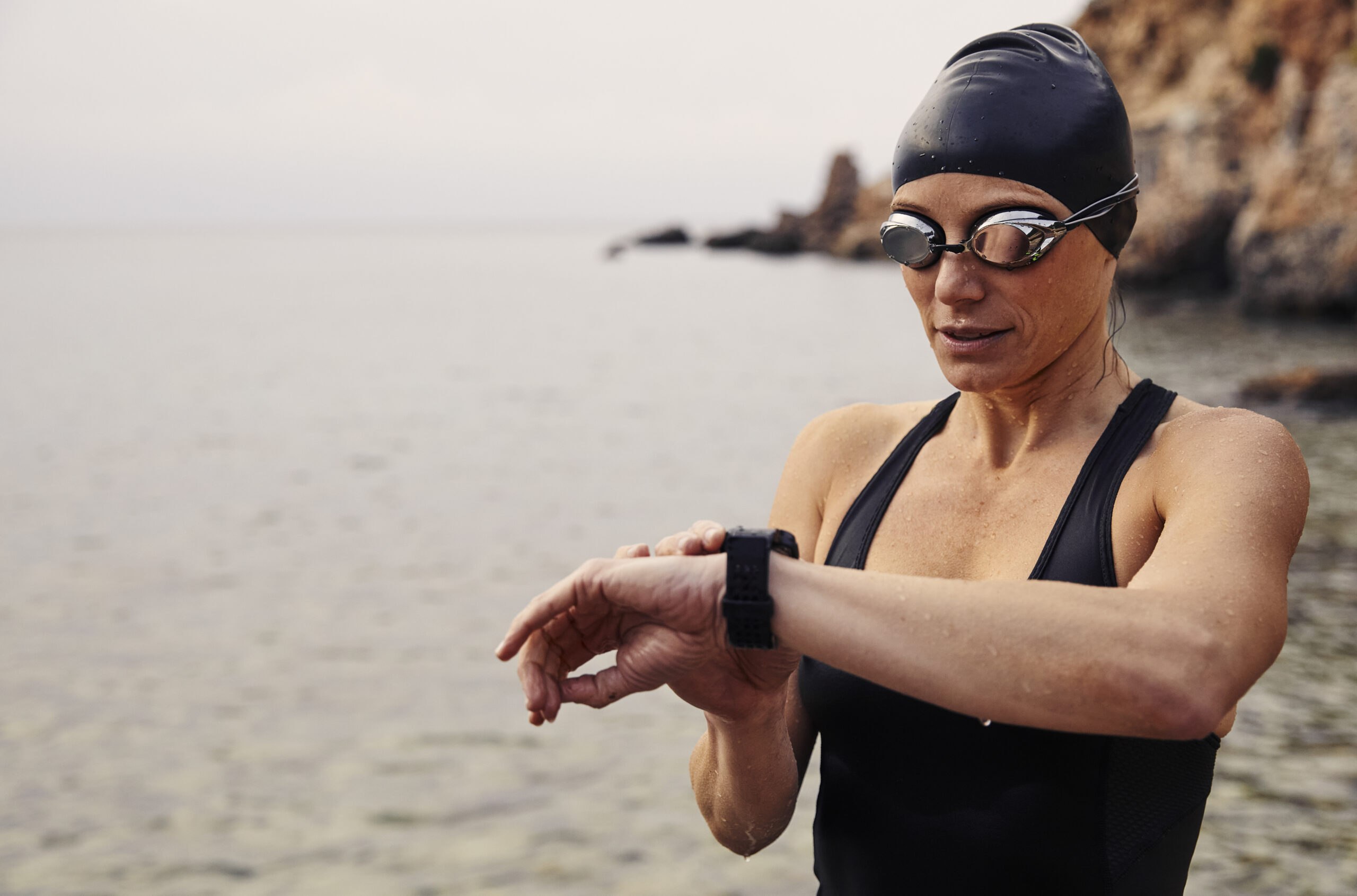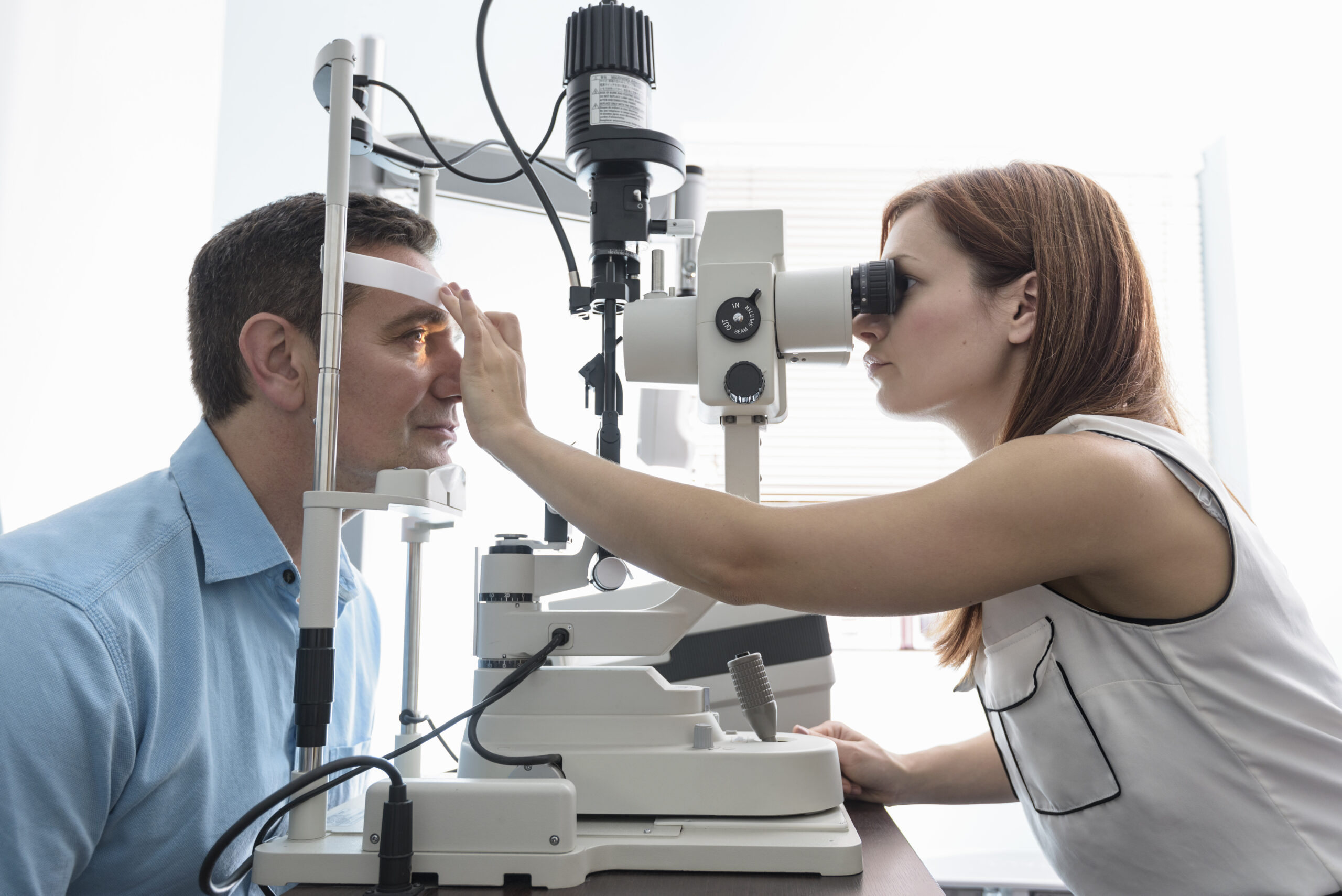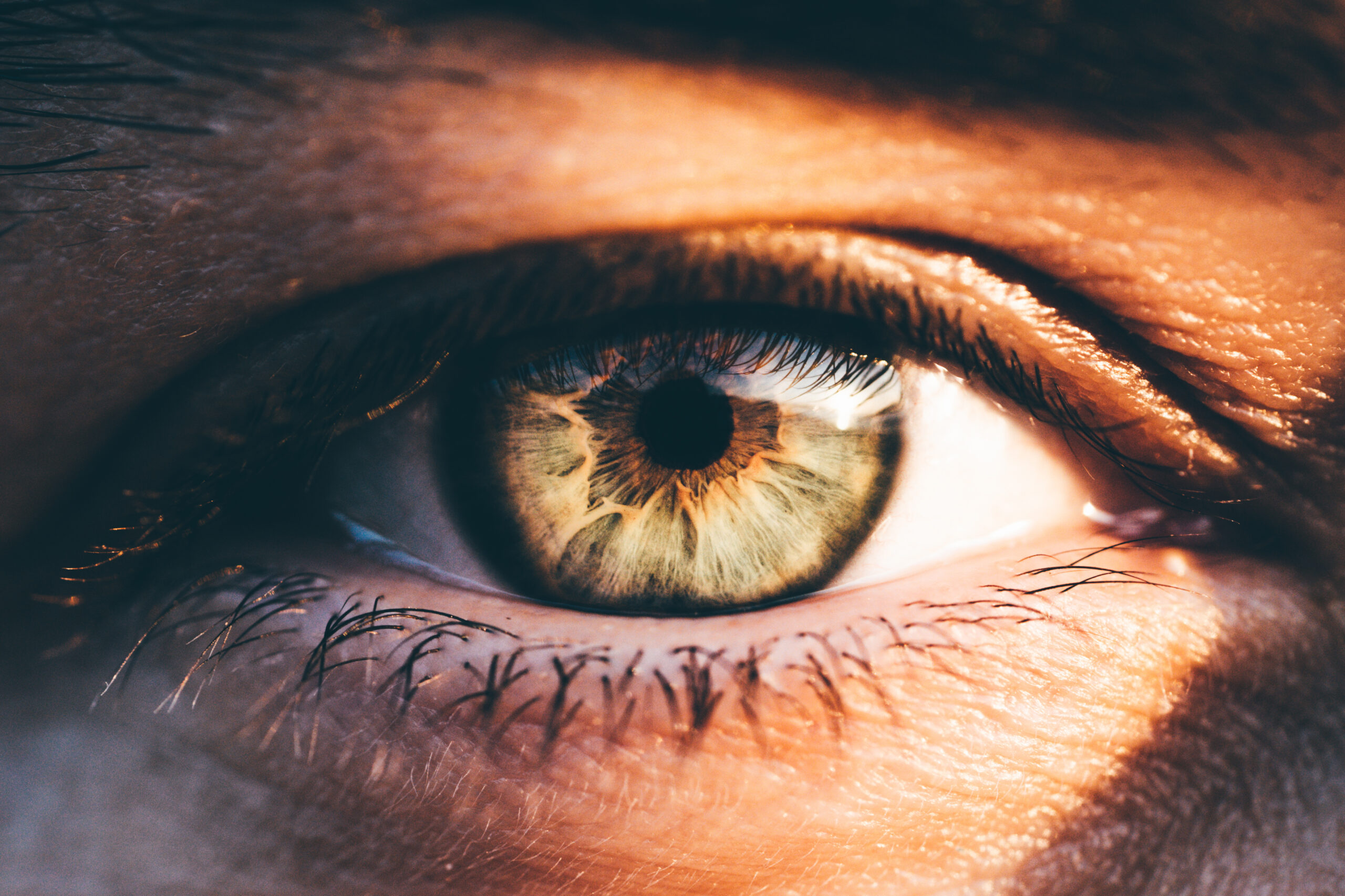How to overcome sight challenges when you race and train
Taking care of your eyes will improve both performance and enjoyment, while helping to prevent injury

You’ve nailed the training plan, honed the clothing, perfected the gear and nutrition, and are prepped and mentally ready. So, all the bases are covered, right?
Not quite. If you’re bumping into the buoys because you can’t see them, cycling with steamed-up glasses, or sweat or dehydration is causing dry eye as you run, then all the hard work and prep could be wasted.
Ensuring both good eye health and clarity of vision is often overlooked by triathletes but it’s an important factor to consider. A triathlon places the athlete in three distinct environments in quick succession and this can affect eye performance. For those with existing vision issues, it can be particularly demanding.
With expert advice from the consultants at London-based eye clinic OCL Vision, we explore the challenges and solutions for triathletes.
Can I swim in contact lenses?

Most contact lens wearers are aware of the dangers of wearing lenses in water.
Acanthamoeba is bacteria found in open water, swimming pools and even in your bath or shower. “Don’t wear contact lenses while swimming,” advises OCL Vision.
“It is a known risk factor for contact lens associated keratitis”, a condition that results in discomfort, eye infections, and in some cases, can be sight-threatening.
It’s not just in water where vision issues can occur. Whether you’re wearing contact lenses, prescription sunglasses or you have 20:20 vision, eye protection on the bike is vital.
Foreign bodies, glare from the sun and changing weather conditions can all cause major problems.
Safely navigating a route with confidence and speed, making quick decisions, and avoiding unexpected obstacles, requires clarity of vision.
The run also places an athlete at the mercy of environmental vagaries.
Sun, rain and wind can take its toll on eye performance, while sweat and sunscreen can cause irritation and dry eyes.
Endurance athletes are also particularly susceptible to the effects of UV.
Over-exposure to UV can cause sun damage and contribute to cataract and a degenerative condition called Age-Related Macular Degeneration (AMD), which affects central vision.
Top tips to ensure clear vision

For triathletes with long or short sight a common fix is to use prescription goggles during the swim. These can be switched to prescription sunglasses during the ride and run.
It’s a practical solution but for those with differing prescriptions in each eye it can become expensive and a little fiddly.
“Prescription goggles are preferable to contact lens wear and can be an alternative to contact lenses, particularly for lower prescriptions,” says OCL Vision.
“There’s no risk of infection, however, prescription goggles are notorious for giving a poor quality of vision and a restricted field of view. They can also create problems in rainy conditions and issues with misting up.”
Although most commonly associated as a treatment for children and teenagers, another possible remedy for athletes with short and long sightedness is a non-surgical treatment called Orthokeratology, or Ortho-K.

Rigid gas-permeable lenses are worn during the night reshaping the cornea and correcting refractive errors.
The effect is temporary, but it resolves eye conditions during the day, removing the need for lenses or glasses while training or racing.
“Triathletes could certainly try these,” advises OCL Vision, “however, due to depriving the cornea of oxygen (which is how these lenses work), some patients complain of dry eye and variability of vision.”
For a more permanent fix, refractive (laser) surgery is an option for some. Short and long sightedness and minor astigmatism can usually be treated.
An OCL Vision consultant will be able to let you know if you’re a suitable candidate. The procedure takes around 20 minutes during which time a laser is used to reshape the cornea. There is some minor recovery time, and the benefits are lifelong.
“Refractive surgery solves the problem of swimming in water,” advises OCL Vision. “We have done this on many triathletes and they appreciate the benefit of being able to train and compete without the need for glasses and contact lenses.”
OCL Vision surgeons all hold substantive NHS consultant positions and are specialists in laser and lens vision correction surgery, offering the highest level of surgical skill and experience.
How to prevent eye degeneration

Getting eyes tested at least once every two years is recommended. Having regular checks will track any prescription changes and help prevent deterioration.
Consultants at OCL Vision will also be able to spot conditions, such as glaucoma, cataracts and AMD, alongside possible signs of high blood pressure and diabetes. OCL Vision offers a free vision correction consultation to see what options are available.
Triathletes are advised to wear sunglasses for the bike and ride with 100% UV protection to help prevent sun damage and reduce the risk of conditions, such as cataract and AMD.
Good quality sunglasses will also prevent glare, eye strain and the risk of foreign objects or insects hitting your cornea.
OCL Vision also advises triathletes to stay well hydrated to prevent dry eye and avoid wearing contact lenses in water.
Take care of your eye health and vision and see a strong future in triathlon.




